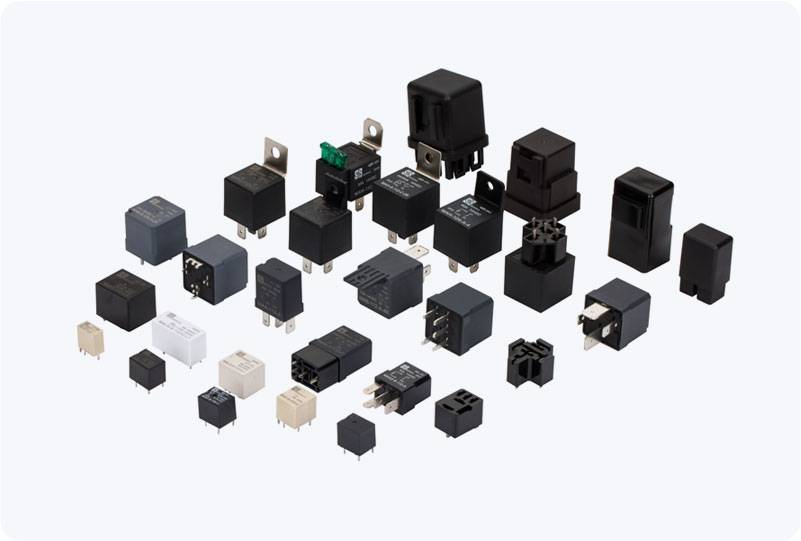understanding ieee standards for industrial relays: ensuring reliability and safety in automation
Release time:2025-11-12 08:29:34
Industrial relays play a crucial role in modern automation, protection, and control systems. They are designed to manage the flow of electrical power to machinery, equipment, and various processes, acting as switches that control circuits and protect systems from faults. The implementation of industrial relays must meet stringent performance standards to ensure their efficiency, reliability, and safety. The IEEE Standards for Industrial Relays provide the necessary framework to guide the design, testing, and application of relays in industrial environments. These standards are essential for ensuring that relays operate correctly under diverse conditions, mitigating risks and improving system performance.

The Role of IEEE Standards in Relay Design IEEE (Institute of Electrical and Electronics Engineers) is a globally recognized organization responsible for creating and maintaining standards that govern various electrical components, including industrial relays. The IEEE Standards for Industrial Relays are designed to address the complexities of modern industrial systems, ensuring that relays perform optimally while withstanding electrical interference, voltage surges, and mechanical stress. The IEEE standards primarily focus on the electrical, environmental, and mechanical requirements that industrial relays must adhere to. These standards provide detailed guidelines on aspects such as electromagnetic compatibility (EMC), surge protection, mechanical durability, and operational reliability. The goal is to ensure that industrial relays can withstand the harsh conditions typically found in industrial settings, such as high-voltage fluctuations, thermal stress, and vibration, while providing accurate and reliable control.

